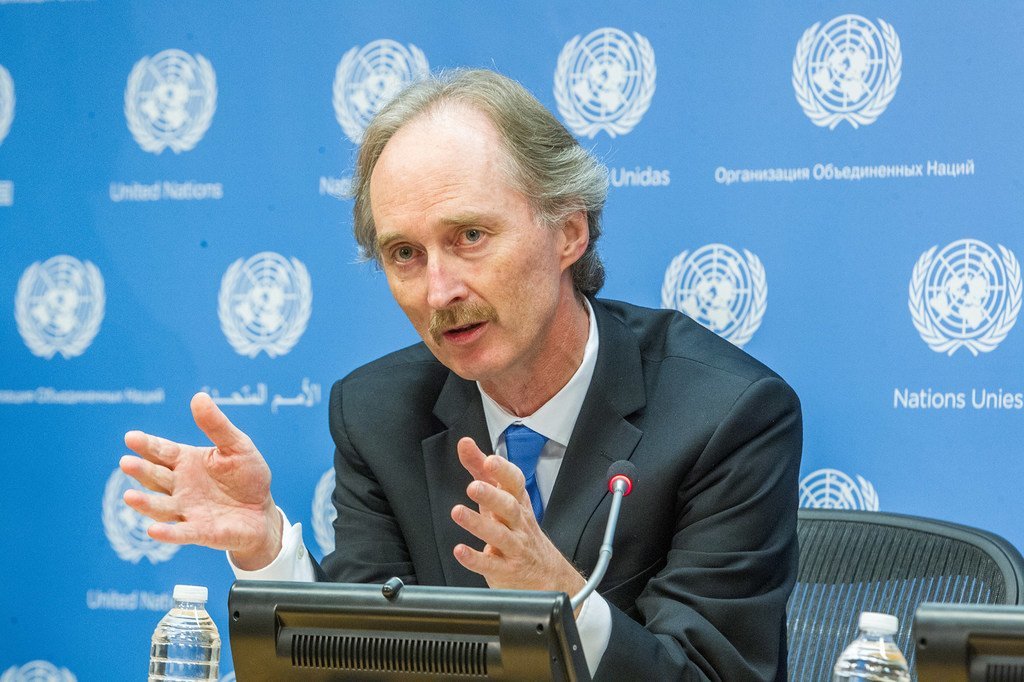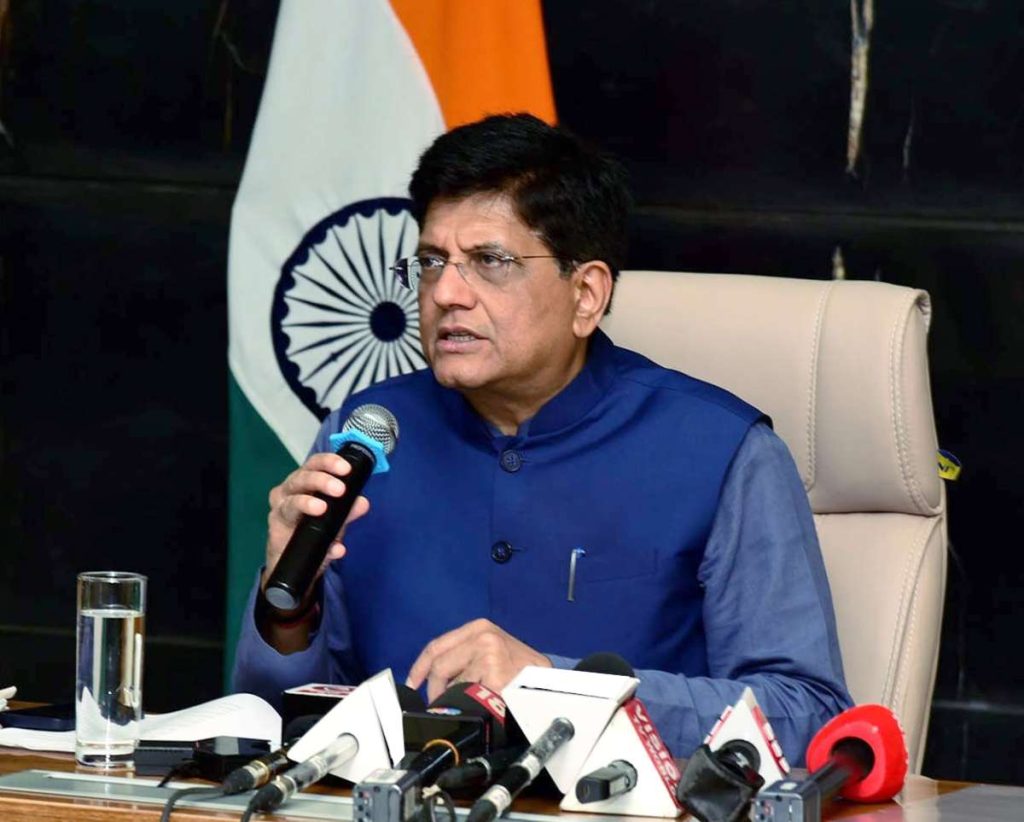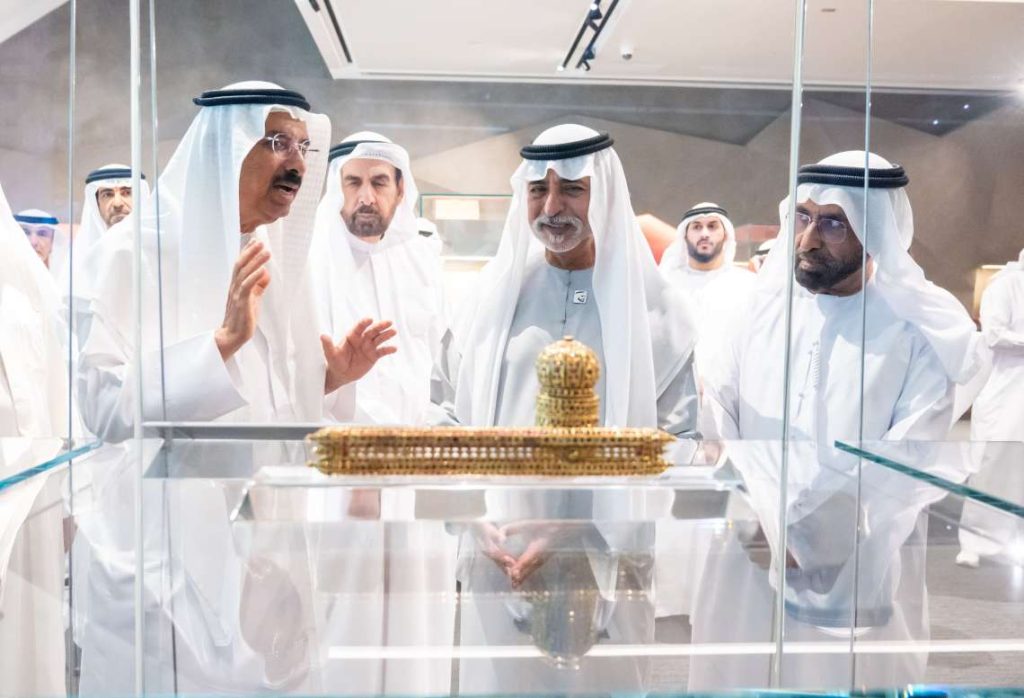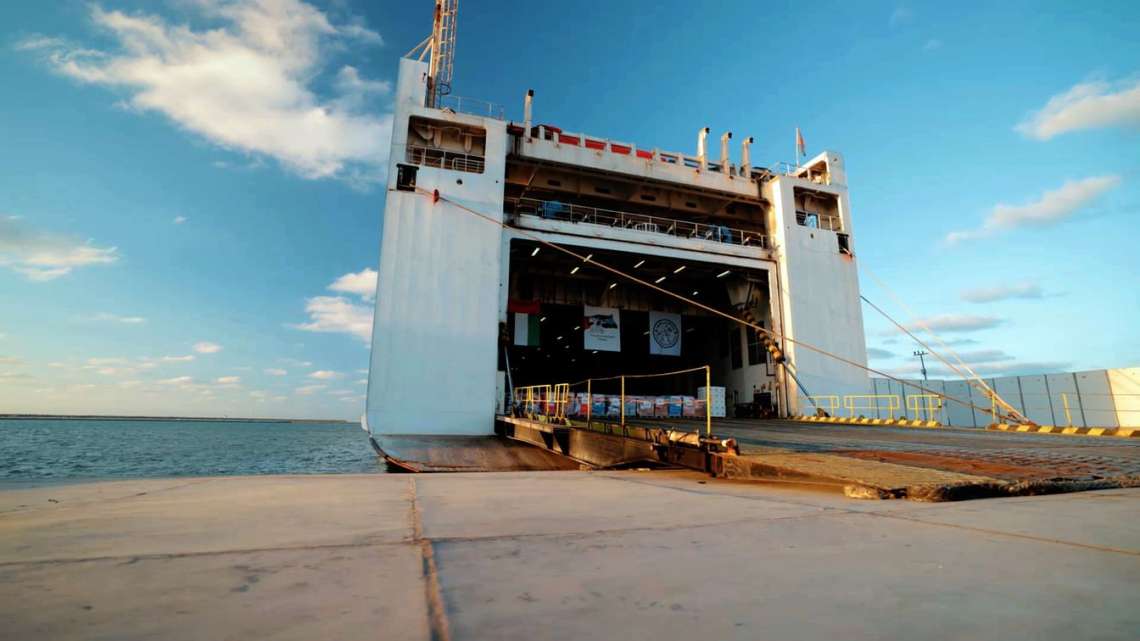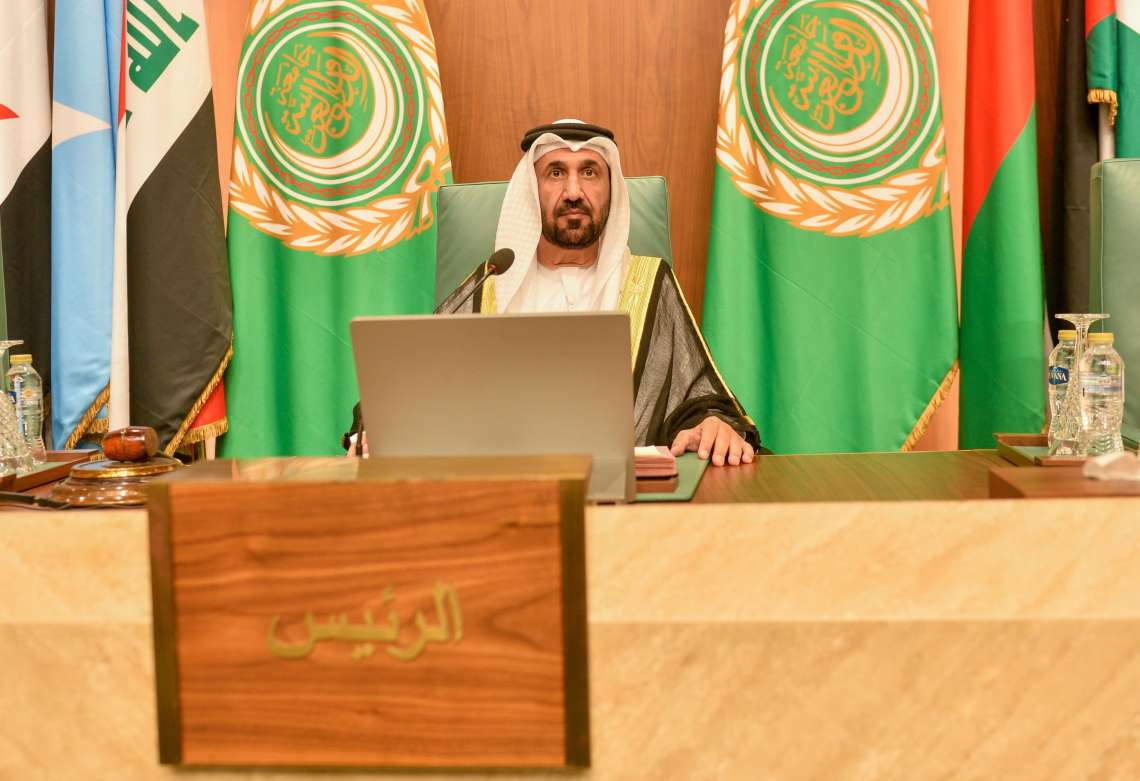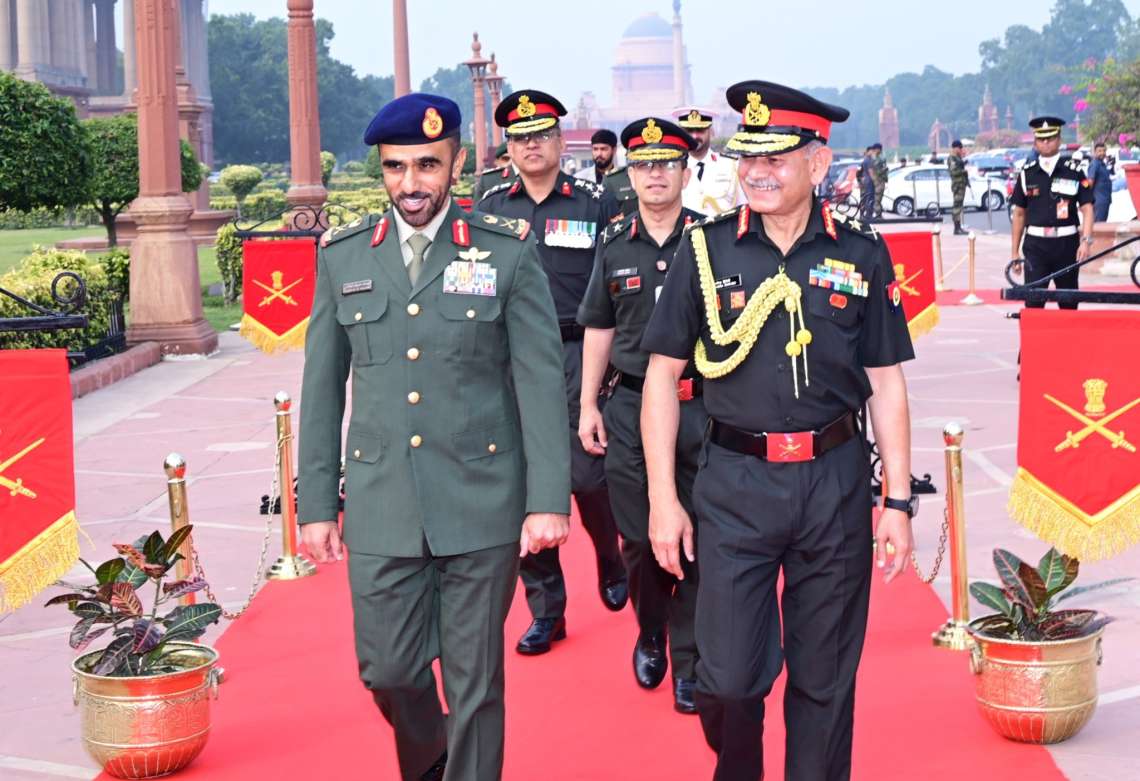UN warns Syria’s recovery remains fragile, urges inclusive politics, robust international aid, and respect for sovereignty as hundreds of thousands of refugees return to war-torn communities.
Syria’s tentative steps toward recovery could quickly unravel without inclusive governance, sustained international aid, and respect for national sovereignty, a top United Nations official cautioned the Security Council on Thursday.
UN Special Envoy Geir Pedersen, who announced he will soon step down from his role, told ambassadors that the interim authorities in Damascus face not only “the ruins of shattered buildings, but the deeper wreckage of a battered social fabric, decayed institutions, and a hollowed-out economy.” He emphasised that political stability, inclusivity, and robust international support are crucial for a successful transition.
“The international community must support Syria and robustly stand against foreign intervention,” Pedersen said, underscoring the importance of respecting Syria’s sovereignty amid ongoing external military action, including reported Israeli strikes this month. He added that lasting progress will depend on the state acting in the interests of all citizens.
Pedersen also informed the Security Council that UN Secretary-General Antonio Guterres had accepted his resignation. “It has been my intention for quite some time to move on for personal reasons after a long period of service,” he said. He reflected on his tenure, noting that the Syrian conflict reaffirmed the enduring truth that sometimes it is darkest before the dawn, and that progress, though long delayed, can arrive unexpectedly.
The envoy praised the resilience of the Syrian people, stating that few populations have endured suffering as profound as that experienced during the 14-year civil war, which ended in December with a rebel offensive that ousted President Bashar al-Assad, ending 50 years of rule by the Assad family. “Today, Syria and the Syrian people have a new dawn, and we must ensure that this becomes a bright day,” Pedersen said.
During the war, Pedersen was among several UN envoys leading political missions to negotiate peace between Assad’s regime and opposition groups. However, the Islamist-led government that replaced Assad has largely kept the UN mission at arm’s length, with officials suggesting that an internationally brokered political transition is no longer necessary now that Assad has been removed.
Syria’s UN Ambassador Ibrahim Olabi acknowledged Pedersen’s efforts, saying that the envoy departs “on a note of hope, on a success story.” Olabi added that Syria looks forward to engaging with the UN Secretary-General and Pedersen’s successor to preserve Syrian sovereignty and meet the aspirations of the people.
The UN’s refugee agency highlighted another sign of tentative progress, reporting that around 850,000 Syrians have returned from neighbouring countries since December. The agency’s deputy chief, Kelly Clements, concluded a five-day visit to Lebanon and Syria, meeting both returning refugees and those considering their return.
The UNHCR has scaled up its assistance to ensure returns are voluntary, safe, and dignified. Support measures include financial aid, transportation, shelter, and livelihood assistance in communities receiving returnees. In Damascus, Homs, and Idlib, Clements visited those benefiting from housing rehabilitation and small business support. She also inaugurated a rehabilitated Civil Registry Office in Maaret Al Nouman, Idlib, to improve access to documentation for returning families.
“I saw up close how people have preserved their will to return, stay, and rebuild despite the harsh reality of destruction and lack of services following 14 years of war,” Clements said. She urged the international community to take an active role in supporting stabilisation and recovery, warning that mere observation is insufficient.
In Lebanon, which continues to host hundreds of thousands of Syrian refugees, nearly 200,000 people returned this year, even as new arrivals continue to cross the border, highlighting the fluid nature of displacement in the region. During meetings with Lebanese Prime Minister Nawaf Salam and other officials, Clements praised Lebanon’s generosity and pledged further cooperation in supporting voluntary returns.
According to UN estimates, over 1.7 million internally displaced people (IDPs), including around 880,000 who left northern IDP sites, have returned to their communities. These developments underscore the fragile but ongoing recovery process in Syria, which will require consistent political, social, and economic support to ensure stability.

